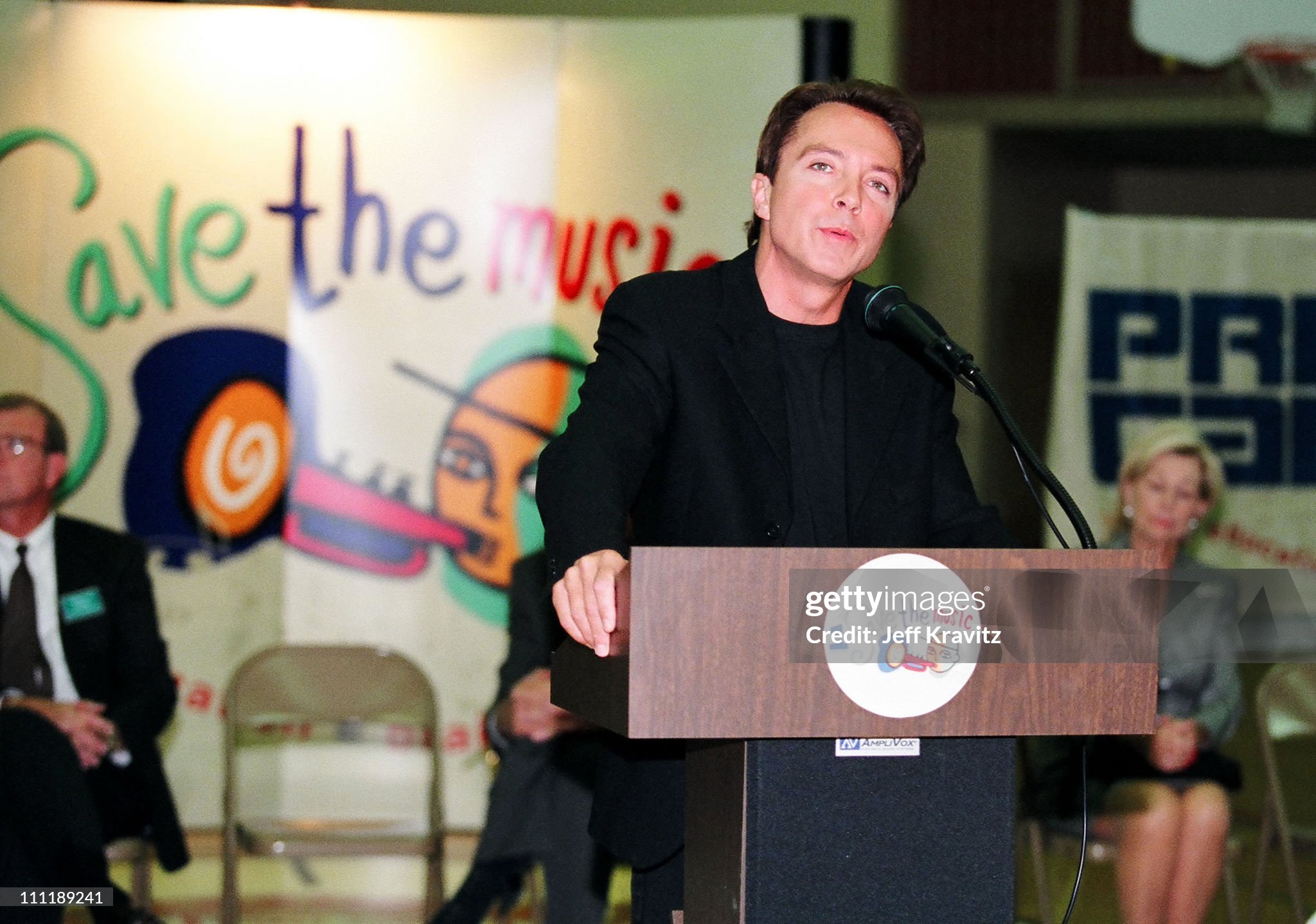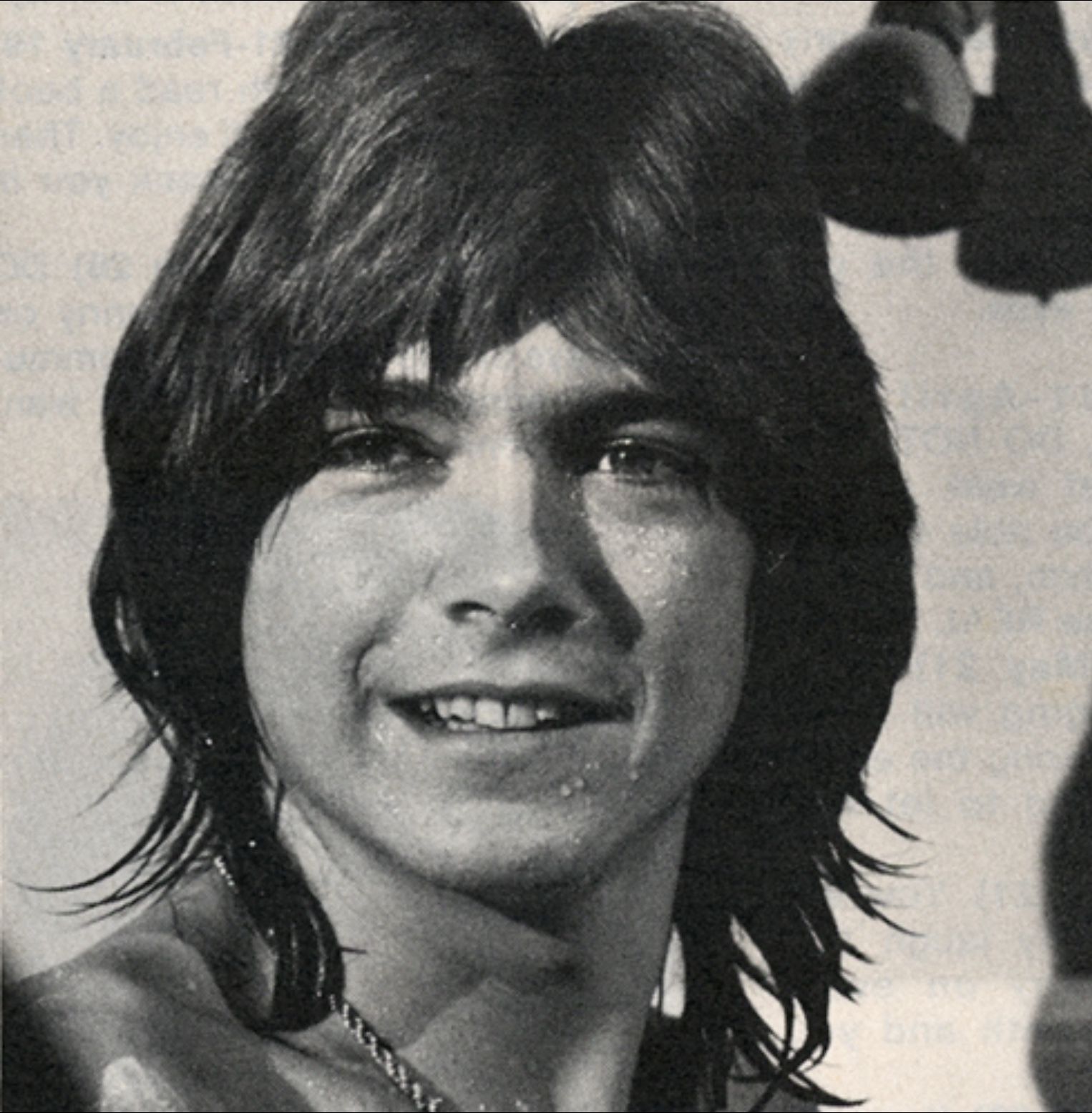
A soul-stirring reflection on love, loss, and the courage of hope amidst uncertainty.
When one looks back on the tapestry of memories woven by youthful melodies, certain songs linger long after the music has stopped. Among them, “Blind Hope,” an evocative ballad performed by the soulful voice of David Cassidy, holds a quiet yet enduring resonance. Released in 2002 as part of his deeply introspective album, “Then and Now,” this song did not storm the charts immediately upon its release; rather, it gently found its way into the hearts of listeners who sought emotional authenticity above mainstream acclaim. Yet, despite its subtle entry into the world, the track has become a cherished gem within Cassidy’s musical legacy.
To fully grasp the emotional depth of “Blind Hope,” one must reflect upon David Cassidy’s journey—marked by dazzling heights and poignant lows. Cassidy, who captured hearts in the early 1970s as a teenage sensation on “The Partridge Family,” had lived through fame’s dizzying peaks and valleys. By 2002, he had transitioned from teen idol to seasoned musician, and this maturity shines brightly within each aching note of this poignant song. It is precisely this evolution—this profound journey through life’s complexities—that gives “Blind Hope” its compelling depth and sincerity.
The song gently explores themes of vulnerability, longing, and quiet resilience. With lyrics rich in introspection and honesty, Cassidy crafts a narrative that speaks to anyone who has ever clung to hope in moments of darkness or uncertainty. He sings of love that remains steadfast despite doubts or despair—a hope that persists even without guarantees or promises. It is not simply optimism but rather a more courageous form of belief—blind faith born from experience, tempered by life’s trials.
Cassidy himself described “Blind Hope” as deeply personal. Written at a time when he was reflecting on life’s unpredictable nature and the fragility of human relationships, the song mirrors his own inner struggles with fame, love, loss, and redemption. His emotionally charged performance resonates profoundly with mature listeners who have themselves weathered life’s storms, capturing perfectly those quiet moments when all one can hold onto is hope itself—blind yet unwavering.
Although “Blind Hope” never dominated mainstream charts upon its initial release—a fact that perhaps adds to its authenticity—it steadily garnered appreciation among dedicated fans and thoughtful critics alike for its genuine emotional depth. Over time, it emerged as a cherished favorite among Cassidy’s admirers—especially older listeners who could empathize deeply with its reflective message.
Listening today to David Cassidy’s tender vocals in “Blind Hope,” one cannot help but drift into reverie—a bittersweet nostalgia tinged with wisdom gleaned from years gone by. It invites us gently to revisit our own histories—the loves we’ve held close or lost along life’s winding path—and offers solace through shared humanity. Its melody softly whispers reassurance: we are not alone in our quiet courage; we are bound together through common threads of vulnerability and hopeful persistence.
In a world often saturated by fleeting pop sensations and superficial hits, songs like “Blind Hope” remain timeless treasures precisely because they speak sincerely from heart to heart. With each passing year since David Cassidy’s own departure in 2017, this track gains ever-deeper resonance—reminding us tenderly that true musical artistry lies not always in chart success but in the lasting emotional footprints left behind.
Thus, when revisiting David Cassidy’s “Blind Hope,” we embrace far more than just melody—we embrace memory itself: gentle remembrance of youth faded yet vividly alive within our souls; quiet acknowledgment of life’s joys and sorrows intertwined; and above all else—a brave willingness to continue hoping blindly yet beautifully through it all.
